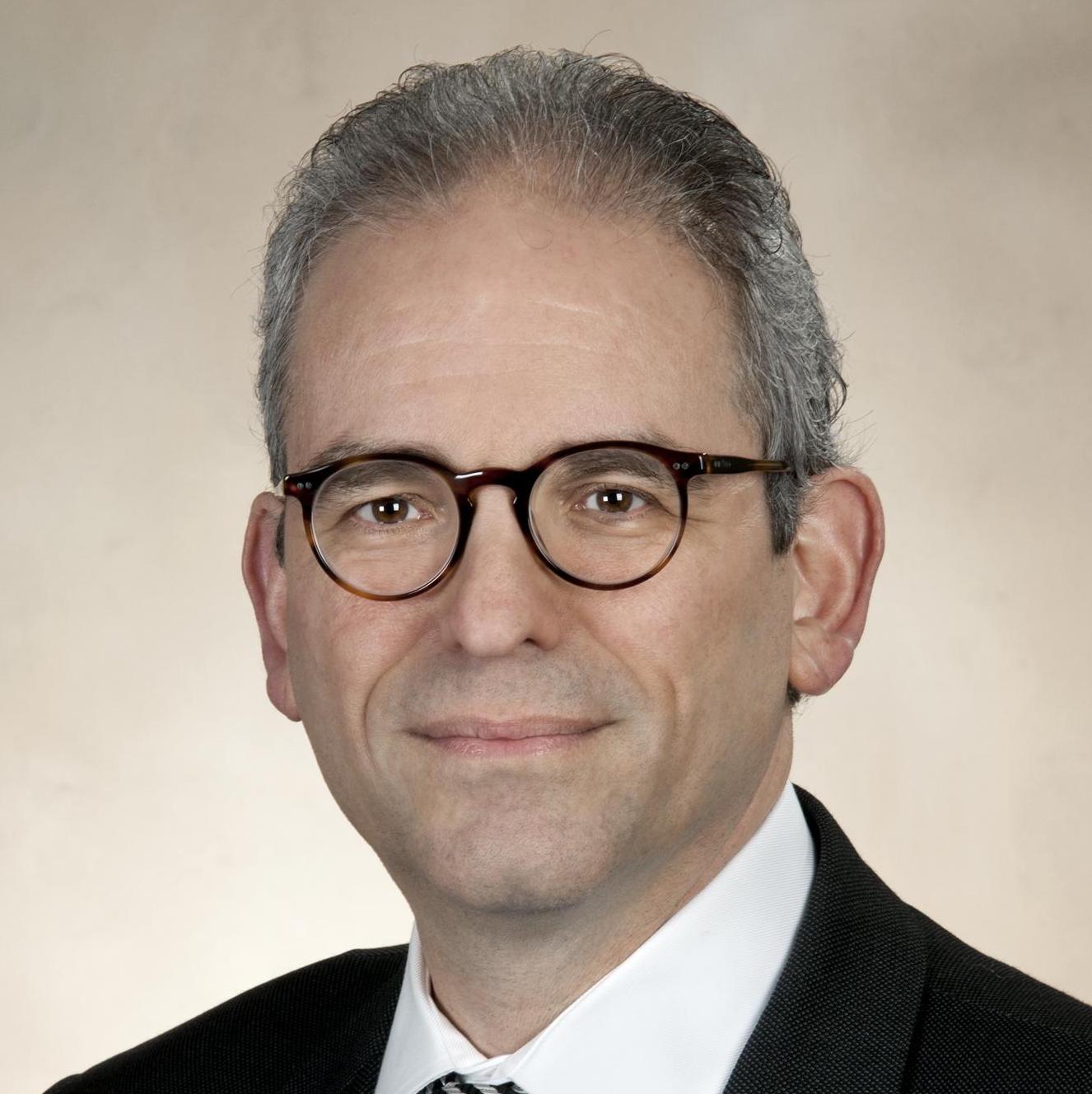Major Depressive Disorder: Emerging Treatments
In this video, Mark Zimmerman, MD, speaks about emerging treatments for patients with major depressive disorder (MDD), including the recent research suggesting that the focus of depression treatment should be broader than symptom elimination. He also spoke on this topic at Psych Congress 2022 in a session titled "Symptoms Management Or Symptom Elimination? What Should Be the Goal of Treatment of Depression in Real World Clinical Practice?"
Additional Resource:
- Zimmerman M. "Symptoms management or symptom elimination? What should be the goal of treatment of depression in real world clinical practice?" Talk presented at: Psych Congress 2022; September 17-20, 2022. New Orleans, LA. Accessed September 27, 2022. https://www.national.psychcongress.com/
For more coverage of Psych Congress 2022, visit the Excellence Forum.

Mark Zimmerman, MD, is a professor of psychiatry at Brown University, a psychiatrist, and the director of the outpatient division and partial hospital division at Rhode Island Hospital (Providence, RI).
TRANSCRIPTION:
Dr Mark Zimmerman: Hello, my name is Mark Zimmerman, I'm a psychiatrist at Rhode Island Hospital, the director of our outpatient division and our partial hospital division, professor of psychiatry at Brown University. I've been principal investigator of the Rhode Island Methods to Improve Diagnostic Assessment and Services for the past 25 years. It's a research endeavor in which we've integrated research assessments into routine clinical practice and I see a lot of patients.
There are a number of emerging treatments for depression. There are new medications that one has recently been approved, others have completed studies and they're looking for approval. Then there are the psychedelic medications that show great promise in improving outcome in individuals with treatment-resistant or treatment-refractory depression. And it really is exciting to see that some of the studies in this area, particularly with the psychedelics, are going way beyond simply assessing symptom improvement, but they're looking at some of these other factors as they conceptualize the improvement related to these medications as not simply a reduction in symptoms but also how individuals integrate their experience into their lives and how they can manage these symptoms better and have a different relationship for whatever symptoms they may well have.
So, I think it's important for clinicians in their practice to not limit themselves when following patients to evaluating outcome in terms of their symptoms but also want to find out how is an individual functioning. Someone who is more or less housebound or very limited in their activities, who you may well prescribe a medication to and who is sleeping better and eating better and feeling more energetic but not going out and still ordering their groceries in and just letting their dog out to run in the yard but not walking their dog, I don't think it does such an individual justice by not exploring how they're functioning in the multiple areas of their lives.
This focus on treating the person and not just treating symptoms is not limited to major depressive disorder. First of all, probably the majority of individuals that we treat with depression don't just have depression, they have comorbid disorders. And many individuals with other principal diagnoses, such as anxiety disorders or stress and trauma-related disorders or substance use disorders or eating disorders or personality disorders, have depression as a comorbid condition.
You need to consider the full array of problems that individuals are presenting with, and you don't want to limit yourself to just focusing on symptoms but evaluate how the symptoms that an individual is experiencing is impacting on how the person is functioning in the world.
In some sense, the bottom-line message of what I'm talking about can hearken back to the great William Osler who once was quoted as saying, "A physician treats the disease, a great physician treats a patient with the disease."


